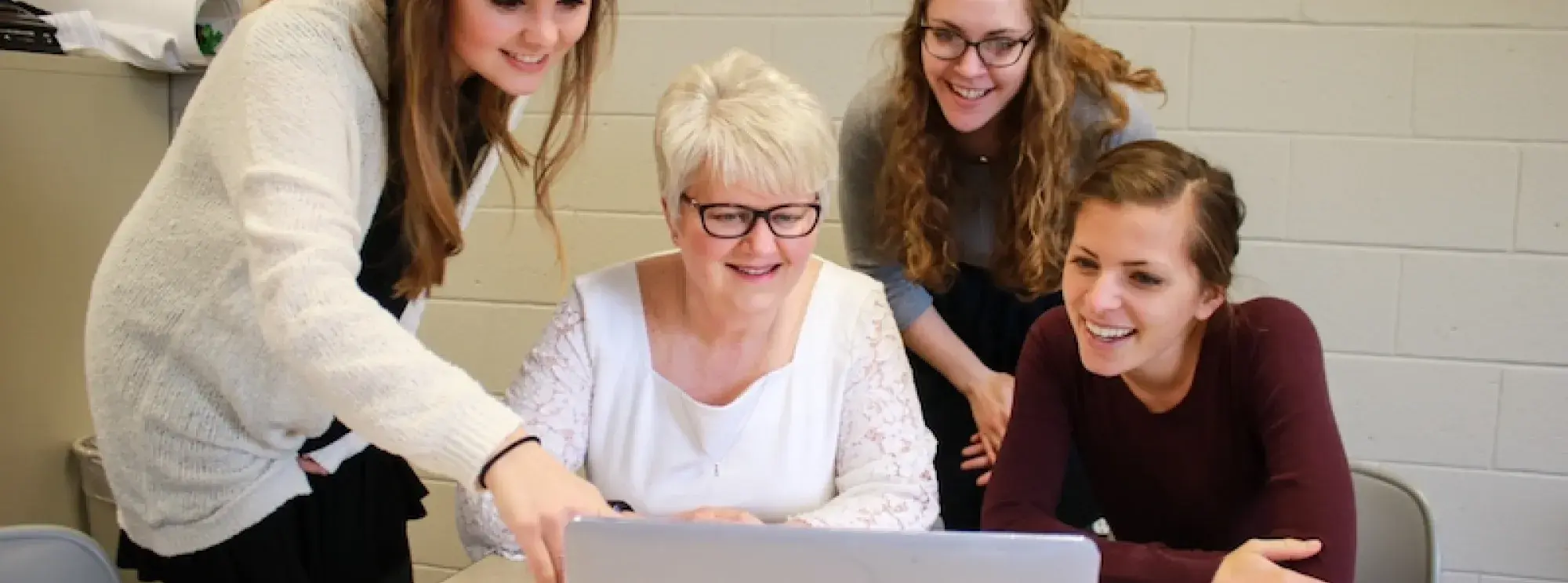Women Supporting Women
Focus Group Phase
Appropriate design and delivery of mental health care interventions is essential to effective treatment but knowledge of culturally sensitive interventions is limited. Using the ideological perspective of community based participatory research and in the context of long-term partnerships between the Calvin College Department of Nursing and underserved neighborhoods that are predominately Black, Hispanic, and White respectively, focus groups were conducted. The results identified a desired new resource –supportive/educative groups on anxiety and depression.
Women Supporting Women Pilot Study
Using the focus group feedback, the research team designed a pilot intervention study titled Women Supporting Women (WSW). Its intent was to determine if six supportive/educative groups over the course of four months increased self-care knowledge and decreased symptoms. Senior level nursing students delivered the educational content during their community focused practicum experience in NURS 379. The pilot study ran for five years and the results were encouraging. Six months after the groups finished, the women reported increased knowledge about and decreased symptoms of anxiety and depression.
Women Supporting Women Phase II
Women Supporting Women Phase II began in the spring of 2017. We have enhanced the intervention via the addition of an interdisciplinary element. Calvin College Art Department faculty and students are leading a bookmaking project in which the women create a page for their book that links to the educational content while capturing their unique journey with anxiety and depression. The research team is also mailing “between session” hand painted cards that incorporate positive affirmations to encourage the women’s engagement with the group. Finally, the intervention now includes a “graduation day” in which the women invite guests, present their art work, receive certificates of completion, and celebrate with refreshments. The research team anticipates that WSW Phase II will span five years.
Researchers
Principle Investigator: Mary Molewyk Doornbos – Professor of Nursing
Co-Investigator: Gail Zandee – Associate Professor of Nursing
Research Team
- Barbara Timmermans, Associate Professor of Nursing
- Jesse Moes, Assistant Professor of Nursing
Current Research Assistants
- Emily Heitsch
- Morgan Quist
- Erica Heetderks
Past Research Assistants
- Joleen DeGroot
- Megan DeMaagd-Rodriguez
- Julia Smit-Scholman
- Molly Zietse
Press
"Collaborating to improve mental health in Grand Rapids," Calvin Spark, September 2017.
"Calvin College Partners with Local Community to Improve Mental Health," The Banner, August 2017.







